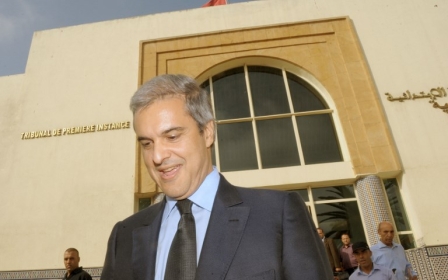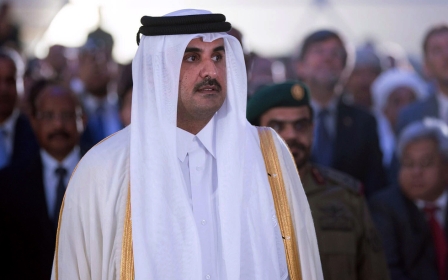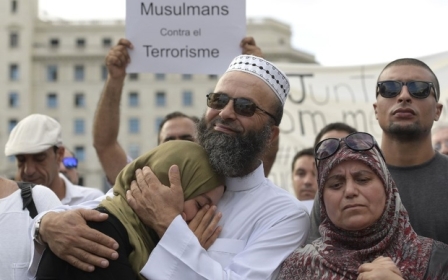Morocco prepares to test 'fastest train in Africa'
Engineers in Morocco are preparing to test the Arab world's first high-speed railway this week with trains reaching 320 km per hour, the country's rail office ONCF said on Monday.
One train reached 275 km per hour on Monday along a stretch of track between the northern cities of Kenitra and Tangier, ONCF said.
"This is already the fastest train on the African continent," said French Foreign Minister Jean-Yves Le Drian, who was in Morocco to sign a loan deal between the ONCF and the French Development Agency.
He said the railway was "emblematic of the Franco-Moroccan bilateral relationship".
The 350-km link between Casablanca and Tangiers via the capital Rabat will slash journey times between the North African country's economic hubs by almost two thirds, to just over two hours.
Morocco's TGV, which gets its name from the French abbreviation for high-speed trains, is set to enter service in summer 2018.
The project is 50 percent financed by France with loans of around $2.4bn.
It is set to go around 15 percent over budget, according to figures released on Monday.
But ONCF head Rabii Lakhlii said the project had cost "less than 9 million euros ($10.6m) per kilometre, compared to a European standard of 20 million euros per kilometre".
The route, made more complex by hilly terrain and strong winds, required the building of several viaducts including one some 3.5 km long.
ONCF expects the line to attract six million travellers within its first three years.
Lakhlii said tickets would cost about 30 percent more than those for the current rail link.
Moroccan leaders have heralded the project as a key step in modernising the country's infrastructure.
But opponents have criticised it, saying the money could have been better spent in a country where many live in poverty.
They also argue that it unfairly favoured French companies.
New MEE newsletter: Jerusalem Dispatch
Sign up to get the latest insights and analysis on Israel-Palestine, alongside Turkey Unpacked and other MEE newsletters
Middle East Eye delivers independent and unrivalled coverage and analysis of the Middle East, North Africa and beyond. To learn more about republishing this content and the associated fees, please fill out this form. More about MEE can be found here.




